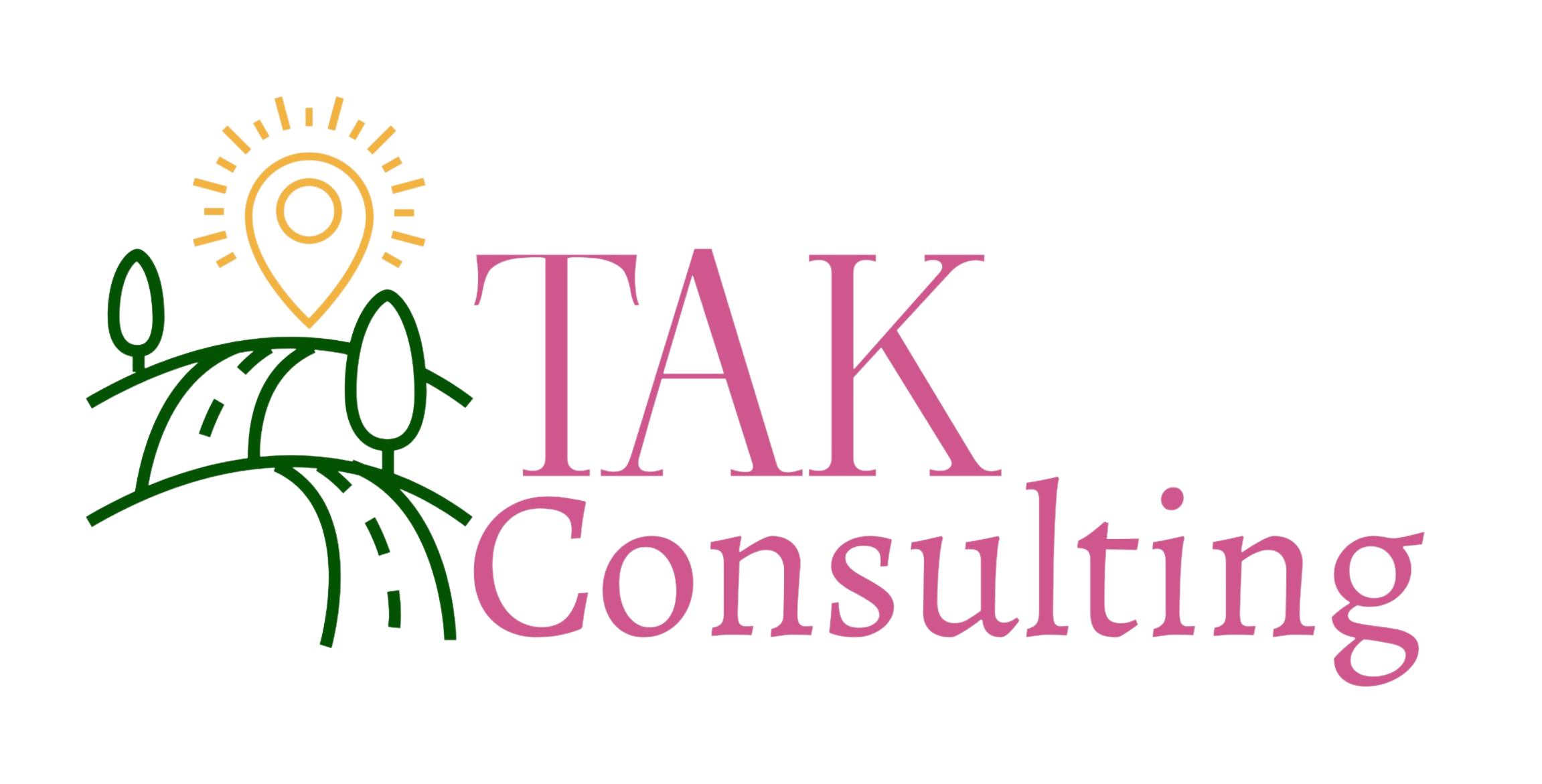Workplace culture is the beliefs and attitudes of the environment when working in your business. Different companies may have different cultures and within these cultures lies individualist and collectivism, or even a hybrid of these two cultures.
What are Collectivism and Individualist cultures in the workplace?
Collectivism is focused on seeing everyone as a team. Its focus is on accomplishments and needs as a group over that of an individual. Everyone on the team is rewarded for the success they have, or on the opposite end, equally at fault for any mistakes.
On the other end of collectivism is individualist culture. It is also known as organizational individualism. This type of culture emphasizes each individual person – meaning that the individual who succeeded/failed will be praised/punished.
In what ways are these beneficial? Which one should I choose?
Each culture has its upsides and downsides. Looking at collectivism first, one benefit is that employees are more likely to form deeper relationships with their co-workers as they are always working together. Additionally, employees in this environment may be more selfless because their actions directly impact others (for better or worse). This culture tends to have stronger qualities like: honesty, empathy, cooperation, and communication. A drawback of collectivism is that there may be less initiative and expression from employees since their individual work is not typically celebrated, and there’s more priority on compliance & agreement.
Moving to organizational individualism, the biggest plus is creativity. When each employee is able to come up with their own ideas, this can improve innovation and thus impacts performance, for the better, within the company. Organizational individualism can also make employees feel better about themselves and their work. By having a personal influence in their projects, it gives more freedom and makes them more comfortable. As well as comfortability and better performance, when an individual is rewarded personally, it makes them feel good about all the hard-work they’ve put in and may push them to strive for even more. Some disadvantages of this culture could be: slow or hard to make changes, added stress, or more tension with others at times.
There is no solid answer for what is better for every business. Depending on the type of business you run, it may be more beneficial to fall on one side or the other. For example, if you work in the technology industry and you’re trying to create the next best thing, or simply trying to find a way to better streamline things, it would probably be in your best interest to have a more individualist culture because this culture typically breeds more creativity and self-motivation per each individual. Keep in mind that there are other factors that may naturally influence these two cultures in your business. These could include: leadership style, employee diversity (meaning background and previous experience), performance measurement, and company goals & structure. Overall, the way you build your business impacts the workplace culture. (Check out Building Your Business for Success for more tips on building up your business!)
Both Workplace Cultures are Good
Although these two workplace cultures fall on opposite ends, many businesses have a hybrid of these two. By understanding these two workplace cultures, you can help your business have a better work culture and improve on what’s important as a team and individuals!





